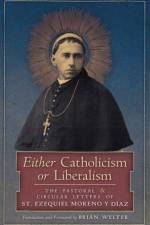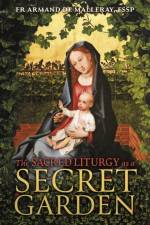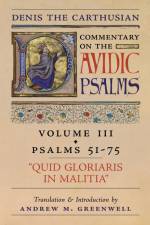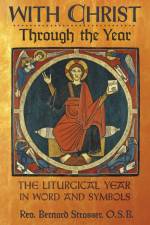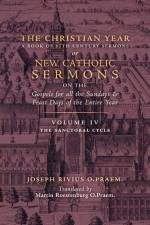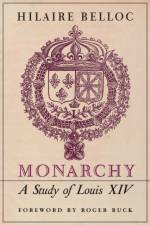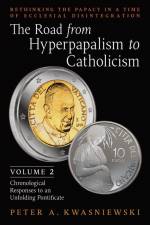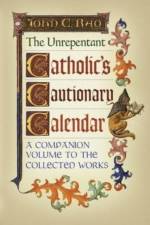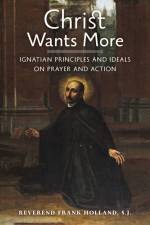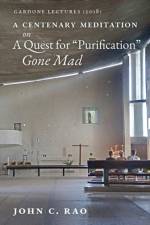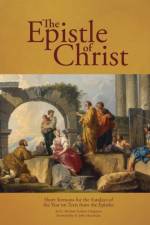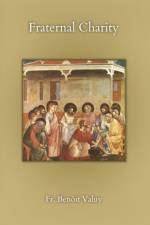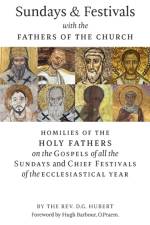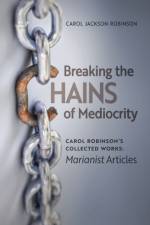von Carol Jackson Robinson
18,00 €
This book is the second in Carol Robinson’s Collected Works series. Her penetrating and original analysis of the modern world show the fruit of a mind absorbed in the thought of St. Thomas Aquinas – her life-long companion. We hope that these essays will help Catholics understand how the Faith has importance for the totality of their lives which must not be hidden away from the public square.Excerpt from the Foreword"Christianity, when it is orthodox, is a religion of the heart, but not one of sentimentality. Catholicism in all its tradition has been a religion illuminating the mind so that the spirit might find dwelling with God.Confusion and discomfort: this is the prospect of embracing the Gospel in the modern world. Add to these the incomprehension or enmity from others, and you have a potent source of discouragement to living an integral and integrated Catholic life today.Must it be so?The Good One of course remains ever the same in charity and omnipotence, so the root and source of all holiness is still sound. The unknown factor then must lie in the hearts of men if Christianity is to be put into action. There will always be some – “the world” – who will consistently resist the grace and action of the Almighty. Holding this book, it must be otherwise with us. Faith has been given, grace has taken root, and so must the flourishing of fidelity and holiness. Is this the happiness we seek?....The Beatitudes act as a defibrillator to these lethal conditions, should we choose to listen. They re-animate the soul by enkindling charity and warmth within a heart that has grown cold. And everyone knows that without a healthy heart one eventually dies for good." - Fr. James DoranExcerpt from the Introduction"Carol Jackson Robinson’s Eightfold Kingdom Within is a noteworthy attempt to communicate Thomas’ developed thought of the Beatitudes to a non-academic audience, and while she does eschew any discussion of the intricacies of doctrinal development, subjects of undoubted interest to the historical theologians, nonetheless her series of remarkable articles reveal that Robinson was a careful and highly insightful reader of Aquinas. Over the course of her essays, Robinson rightly focuses on the task of placing the Beatitudes and their attendant Gifts once again at the center of Christian spiritual life. Perhaps Robinson’s insightfulness is most evident in the way she grasps that for Thomas, and indeed for much of the Christian tradition both East and West, the purpose and aim of the spiritual life is deification, what she refers to as the ongoing process of “being supernaturalized.” Moreover, Robinson stresses that this process of conversion, of becoming progressively more deiform, perforce requires our adoption as earthly children of the heavenly Father. If truth be told, that the process cannot proceed at all unless, like obedient children, we meekly receive the divine instigation of the Spirit, for only in this manner will we be established “firmly in the family of God our Father.” - Gregorio Montejo, PhD (Assistant Professor of Historical Theology, Boston College)

